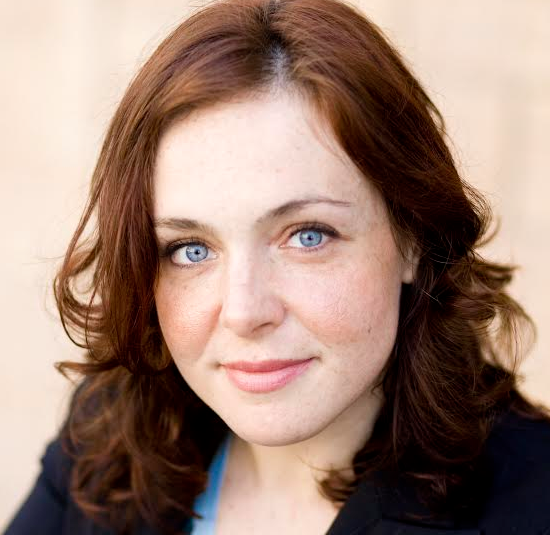Lesbian parent adoption ‘not necessary’ for added protection
Court ruling could send mixed message to LGBT community

A married lesbian couple has a legally protected relationship to their son and does not require the added protection of a second parent adoption, a Brooklyn judge has ruled.
A.C. and M.M, as they are identified in court documents, are New York residents and were married in Connecticut in 2011. Although their right, as a lesbian couple, to marry was not codified in New York law at the time of their marriage, New York did recognize the validity of same-sex marriages legally preformed in other jurisdictions.
In 2013, M.M. gave birth to the couple’s son Sebastian, with A.C. also listed as a parent on the child’s birth certificate. Out of a concern of further solidifying her rights as Sebastian’s non-birth parent, A.C. filed a petition to adopt Sebastian — a petition deemed “neither necessary nor available” by Brooklyn Surrogate Margarita López Torres.

Brooklyn Boro
View MoreNew York City’s most populous borough, Brooklyn, is home to nearly 2.6 million residents. If Brooklyn were an independent city it would be the fourth largest city in the United States. While Brooklyn has become the epitome of ‘cool and hip’ in recent years, for those that were born here, raised families here and improved communities over the years, Brooklyn has never been ‘uncool’.